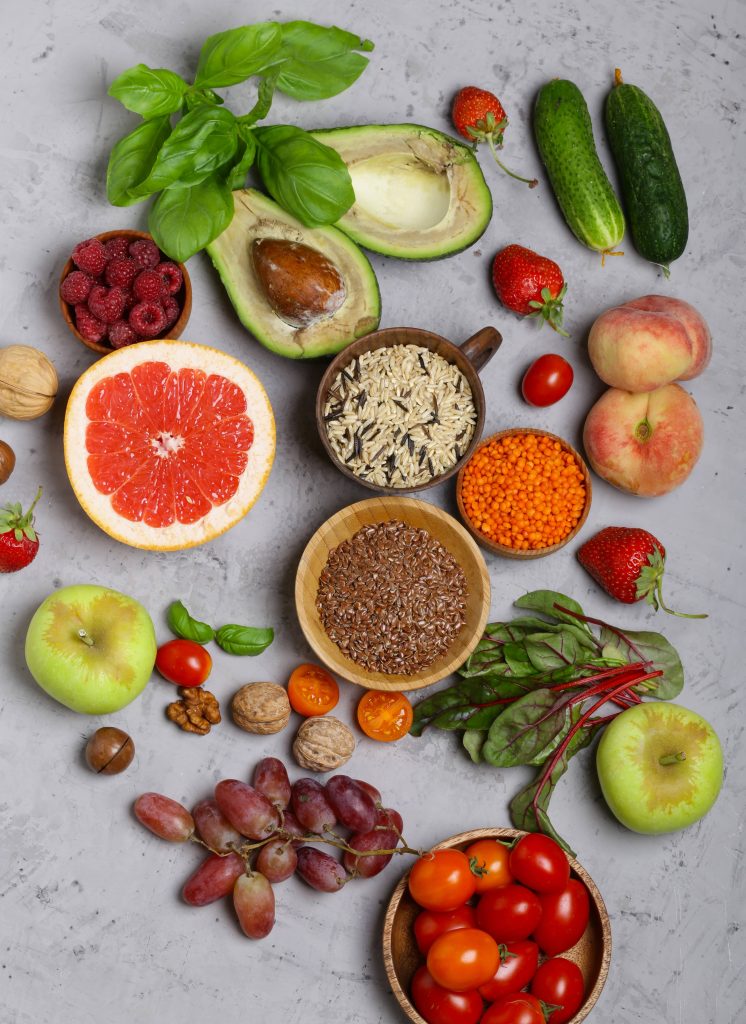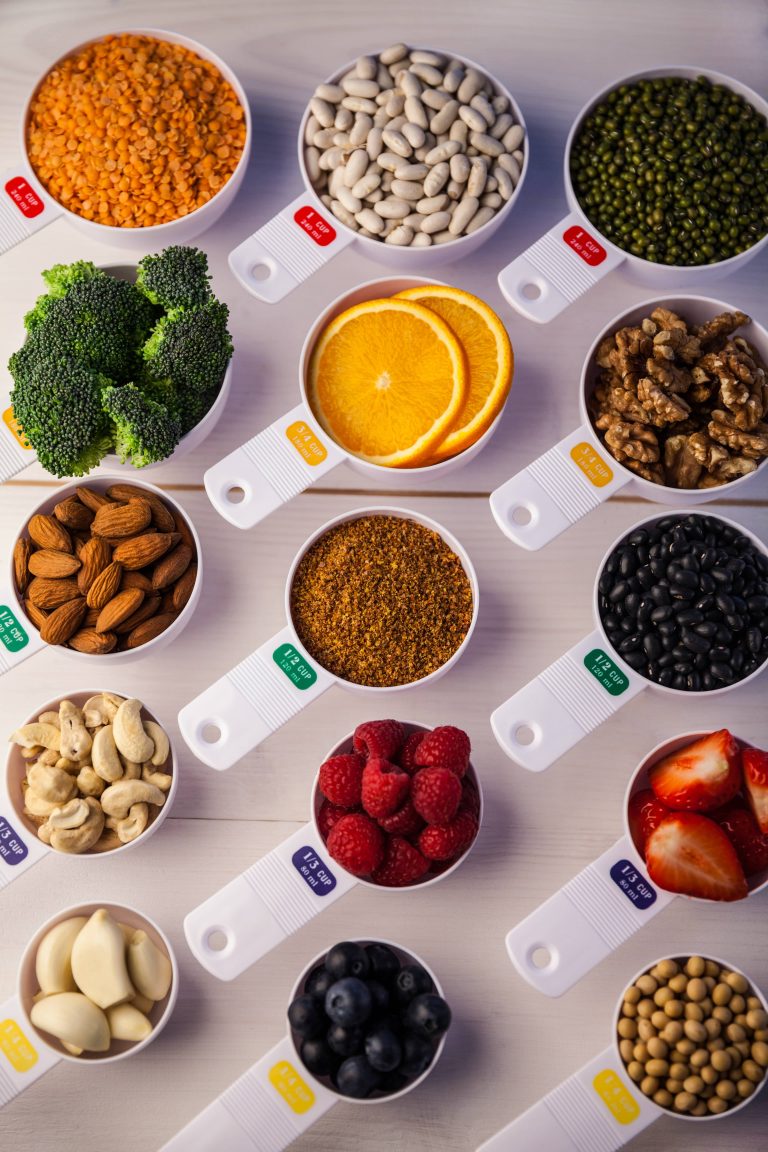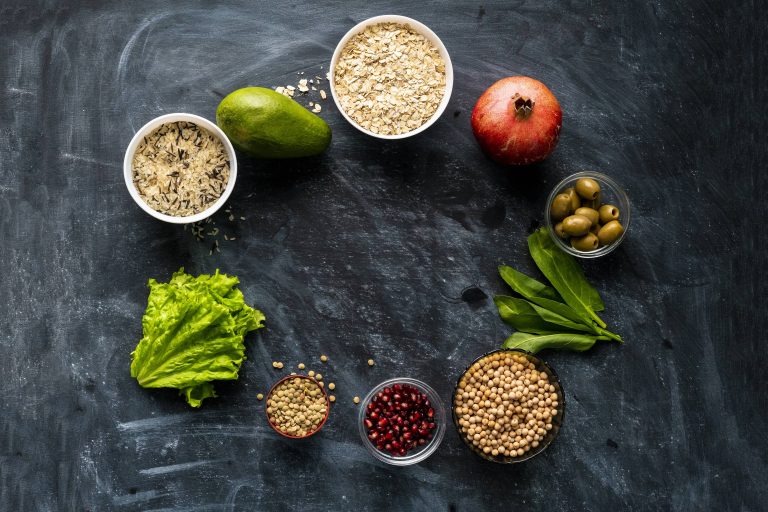
In recent years, the plant-based diet has gained significant traction, not just as a trend but as a lifestyle choice for many. Whether motivated by health, environmental concerns, or ethical reasons, more people are turning to plant-based eating. If you’re considering embarking on this journey, it’s essential to understand the fundamentals to ensure you’re getting it right. This guide will walk you through the basics, benefits, and practical tips to help you thrive on a plant-based diet.
Understanding Plant-Based Diets
A plant-based diet primarily focuses on foods derived from plants. This includes not only fruits and vegetables but also nuts, seeds, oils, whole grains, legumes, and beans. It’s important to note that plant-based doesn’t necessarily mean vegan. While vegans avoid all animal products, a plant-based diet can include small amounts of animal products, depending on individual preferences.
Types of Plant-Based Diets
1. Vegan: Excludes all animal products.
2. Vegetarian: Excludes meat but may include dairy and eggs.
3. Flexitarian: Primarily plant-based but occasionally includes meat or fish.
4. Pescatarian: Excludes meat but includes fish and seafood.
Benefits of a Plant-Based Diet
Health Benefits
1. Improved Heart Health: Plant-based diets are rich in fiber, antioxidants, and healthy fats, which can help reduce cholesterol levels and lower the risk of heart disease.
2. Weight Management: Many find it easier to maintain a healthy weight on a plant-based diet due to its high fiber content, which promotes satiety.
3. Reduced Risk of Chronic Diseases: Studies have shown that plant-based diets can lower the risk of type 2 diabetes, certain cancers, and hypertension.
Environmental Benefits
1. Reduced Carbon Footprint: Plant-based diets require fewer resources and produce fewer greenhouse gases compared to diets high in animal products.
2. Conservation of Water: Producing plant-based foods generally uses less water than raising livestock.
Ethical Considerations
1. Animal Welfare: Many choose plant-based diets to avoid contributing to animal suffering and exploitation.
Getting Started with a Plant-Based Diet
Educate Yourself
Before making any dietary changes, it’s crucial to educate yourself about nutrition. Understanding macronutrients (carbohydrates, proteins, and fats) and micronutrients (vitamins and minerals) will help you make informed choices.
Plan Your Meals
1. Start Slowly: Transitioning to a plant-based diet doesn’t have to happen overnight. Begin by incorporating more plant-based meals into your weekly routine.
2. Diversify Your Plate: Ensure you’re getting a variety of foods to meet your nutritional needs. Include a mix of fruits, vegetables, whole grains, and protein sources like beans and lentils.
3. Experiment with Recipes: Explore new cuisines and recipes to keep your meals exciting and flavorful.
Key Nutrients to Focus On
1. Protein: While plant-based diets can provide adequate protein, it’s essential to include a variety of sources such as beans, lentils, tofu, tempeh, and quinoa.
2. Vitamin B12: This vitamin is primarily found in animal products, so consider fortified foods or supplements.
3. Iron: Plant-based sources of iron include lentils, chickpeas, and spinach. Pair them with vitamin C-rich foods to enhance absorption.
4. Calcium: Ensure you’re getting enough calcium from fortified plant milks, leafy greens, and tofu.
5. Omega-3 Fatty Acids: Include sources like flaxseeds, chia seeds, and walnuts.
Overcoming Challenges
1. Social Situations: Navigating social events can be challenging. Communicate your dietary preferences in advance and offer to bring a plant-based dish to share.
2. Dining Out: Research restaurants with plant-based options or request modifications to menu items.
3. Cravings: It’s normal to experience cravings. Find plant-based alternatives to your favorite foods, such as veggie burgers or dairy-free ice cream.
Staying Motivated
1. Set Clear Goals: Define why you’re choosing a plant-based diet and remind yourself of these reasons regularly.
2. Connect with a Community: Join online forums or local groups to share experiences and gain support.
3. Track Your Progress: Keep a journal of your meals, energy levels, and any health improvements you notice.
Conclusion
Embarking on a plant-based journey is a rewarding decision that can lead to numerous health, environmental, and ethical benefits. By educating yourself, planning your meals, and focusing on key nutrients, you can ensure a successful transition. Remember, it’s a personal journey, and there’s no one-size-fits-all approach. Listen to your body, be patient with yourself, and enjoy the vibrant world of plant-based eating.










